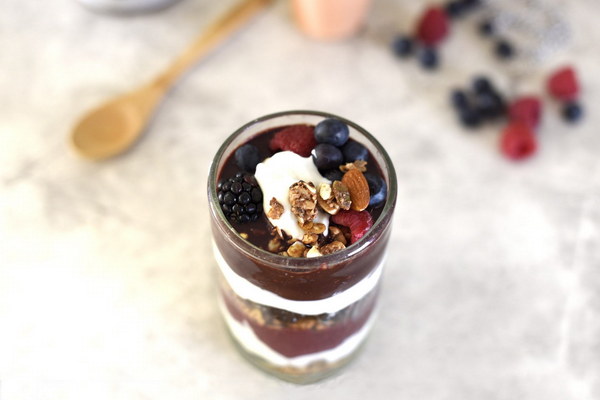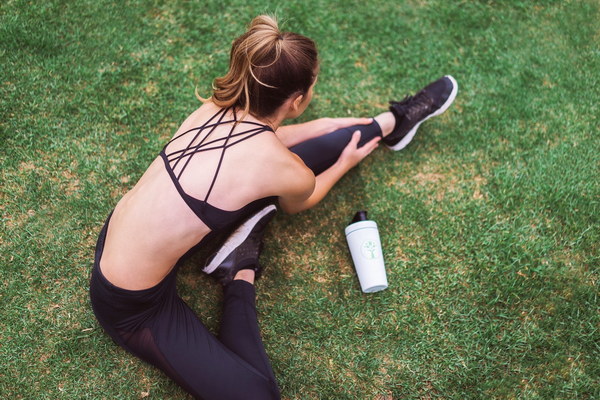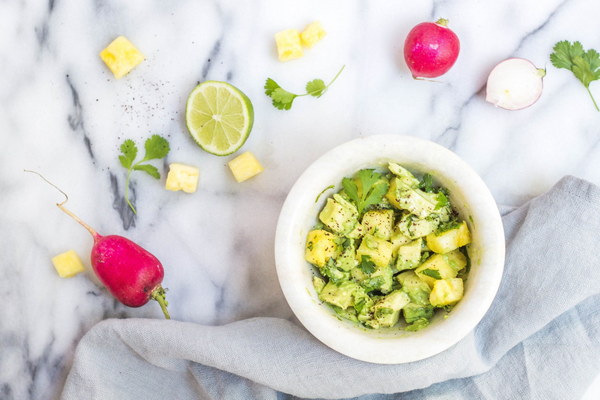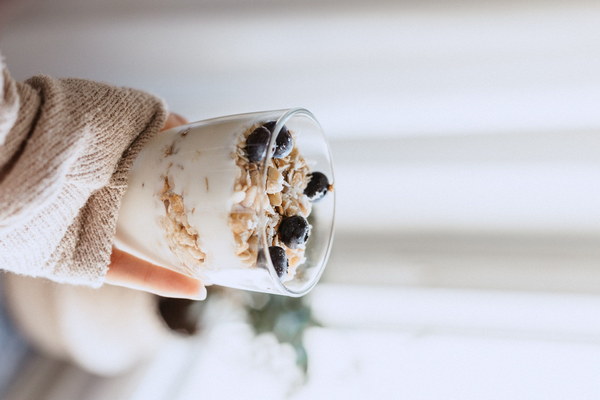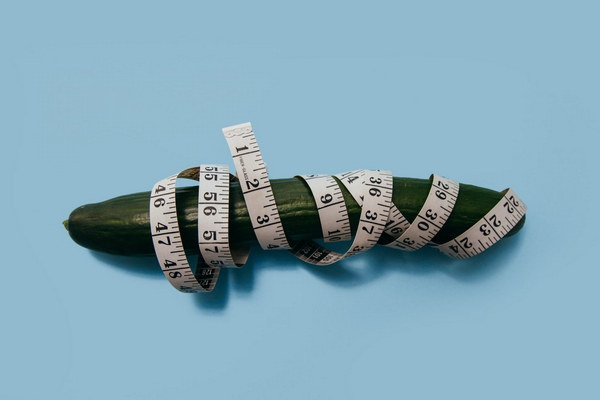Boost Your Liver Health Essential Nutritional Supplements and Liver-Protective Measures
The liver is a vital organ responsible for filtering blood, detoxifying harmful substances, and producing essential proteins. However, due to poor dietary habits, exposure to toxins, and other factors, liver health can be compromised. To support liver function and maintain its optimal performance, adopting proper liver-protective measures and incorporating essential nutritional supplements can be beneficial. In this article, we will explore some effective strategies to enhance liver health.
1. Maintain a Healthy Diet
A balanced diet rich in fruits, vegetables, whole grains, lean proteins, and healthy fats can help reduce the burden on the liver. Here are some key dietary recommendations:
a. Increase consumption of antioxidants: Antioxidants like vitamins C and E, selenium, and beta-carotene can neutralize free radicals and protect the liver from oxidative stress. Include plenty of fruits, vegetables, nuts, and seeds in your diet.
b. Consume fiber-rich foods: High-fiber diets can help reduce the risk of fatty liver disease and improve liver function. Foods like apples, pears, berries, legumes, and whole grains are excellent sources of fiber.
c. Limit alcohol intake: Excessive alcohol consumption is a leading cause of liver disease. If you choose to drink, do so in moderation.
2. Nutritional Supplements
In addition to a healthy diet, certain nutritional supplements can support liver health. Here are some important ones:
a. Milk thistle: This herbal supplement contains silymarin, a compound that has been shown to protect liver cells and enhance liver function. Take 200-400 mg of milk thistle extract twice daily.

b. Glutathione: An antioxidant produced by the body, glutathione plays a crucial role in detoxifying harmful substances. Taking 500-1000 mg of glutathione per day can help support liver health.
c. N-acetyl cysteine (NAC): This amino acid precursor of glutathione can help enhance the liver's ability to detoxify and protect against oxidative stress. A typical dosage is 500-1500 mg per day.
d. Alpha-lipoic acid (ALA): This potent antioxidant can help improve liver function and reduce inflammation. Take 200-600 mg of ALA daily.
3. Liver-Protective Measures
a. Avoid exposure to toxins: Limit exposure to environmental toxins, such as pesticides, heavy metals, and industrial chemicals, as they can damage the liver. Use protective gear when handling hazardous substances.
b. Exercise regularly: Regular physical activity can help improve liver function and reduce the risk of liver disease. Aim for at least 30 minutes of moderate exercise most days of the week.
c. Manage stress: Chronic stress can lead to the release of harmful chemicals that can harm the liver. Practice stress-reduction techniques like meditation, yoga, or deep-breathing exercises.
d. Get adequate sleep: Sleep plays a critical role in maintaining liver health. Aim for 7-9 hours of quality sleep each night.
In conclusion, maintaining liver health requires a combination of a healthy diet, nutritional supplements, and liver-protective measures. By incorporating these strategies into your daily routine, you can support your liver's function and reduce the risk of liver disease. Always consult with a healthcare professional before starting any new supplement or making significant changes to your diet or lifestyle.
